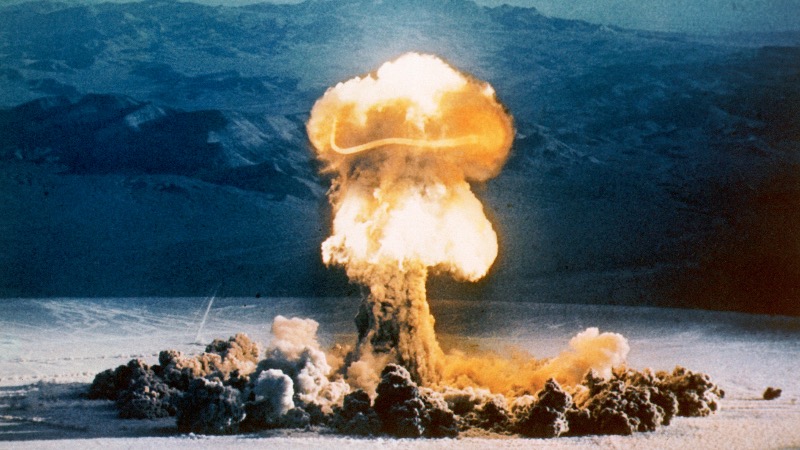 Image Credit: ANGELA WEISS / Contributor / Getty
Image Credit: ANGELA WEISS / Contributor / Getty While motivated from a positive desire to take care of the least in society, the modern American welfare system has many deep flaws that have both perpetuated poverty and destroyed real well-being.
The tragedy of the commons is an analytical framework that can give insight into this phenomena. It is a tale of the public village green in a British town, in which many people led their sheep to graze on, and spent time dancing on it without end. Because of this constant use, the green was unable to grow back grass, and in place of their former source of food was a patch of filthy mud. Each individual was willing to exploit the green, yet had no understanding of the associated responsibility of ownership. Just like in the tragedy of the commons, the current welfare system is a set of publicly available goods, such as housing, healthcare, and education. While access to each of these things for all is standard in most western societies, the way in which the American government gives them out emphasizes each individual’s lack of ownership, and accelerates the same process that destroyed the commons. An ever-growing set of individuals being given these things for free is enabled to use them with no respect for the labor of others required to produce them. The solution to this problem is not a total stripping of welfare, but rather a restoration of ownership and humanity to the poor through institutions that empower private charity to replace government welfare.
Public housing projects are as close a visual representation of the commons as can be imagined in the 21st century. The trash in the hallways and strange smells coming from each unit is not a result of poverty, but rather a result of lack of care. Individuals who have very little feeling of ownership, but a great incentive to take advantage of their only housing opportunity, choose to denigrate rather than beautify the already sub-par conditions. There are always some who choose to take what they have and beautify it, but their exceptionality clarifies the attitude of disrespect shared by almost everyone else. To see the squalor in public housing projects as anything but a tragedy of the commons situation is to remove the humanity of the people who live there. They all have a choice, but the institutional set up has made the choice of exploitation the overwhelmingly obvious one. When they all have the “learned hopelessness” mentality that they will never own anything for themselves, the inhibitions of destruction present in most other people are stripped away. It is not that the owners of private homes are necessarily better people, but rather that they have incentives that make cultivation and beautification over time the obvious choice.
Even the bodies of those on welfare are a testament to the mismanagement of incentives within the current welfare system. While healthcare should be readily available to people of all income levels, the impersonal and ever-present nature of public healthcare means that there is far less incentive to take care of one’s body than if they bore any cost for their actions. There is no altruistic instinct that kicks in to prevent people from eating themselves to death. The public education system and inherent complexity of the issue have failed to communicate that so much of poor health is preventable and a direct burden upon all other citizens. When the nation is viewed as a provider to extract from rather than as a communal body, the response of those on welfare is understandable. If even the few on welfare who understand the burden they add still have no incentive to moderate their habits, the current cycle will continue.
While the government would shut down rather than reevaluate its welfare policies, the rest of the world needs a compelling version of welfare that can replace our current tragedy. Long before our current systems of production and trade were in place, in times of far less material wealth, people were still able to outperform us in dealing with poverty. The medieval church and large families kept people fed and made welfare far less wasteful than it is today by combining responsibility with gift. While the church and these families gave gifts freely, it was done in cities small enough where the poor could be known individually. The personal nature of these relationships meant that the sort of extractive poverty seen in our society could not exist. It was easier for the poor to see the intentions of those who helped them, and this humanization forced them to think through how to use their gifts more intentionally. While there may not be as cohesive a social fabric in our society as there once was, private individuals and religious organizations now have far more resources to deploy than they did before. The markets and human ingenuity have brought about more wealth than ever before in history, and this wealth could supercharge the sort of compassion shown in the past. The government’s inefficiency and impersonality will continue to create a tragedy of the commons situation until they step back and private localized charity steps up. The poor will be better served, understood, and motivated when their sustenance is shown in relation to its source, and the motivation of those who give it. Even the miniscule power of the resources given by welfare is too much if not given with the associated measure of ownership and responsibility.


